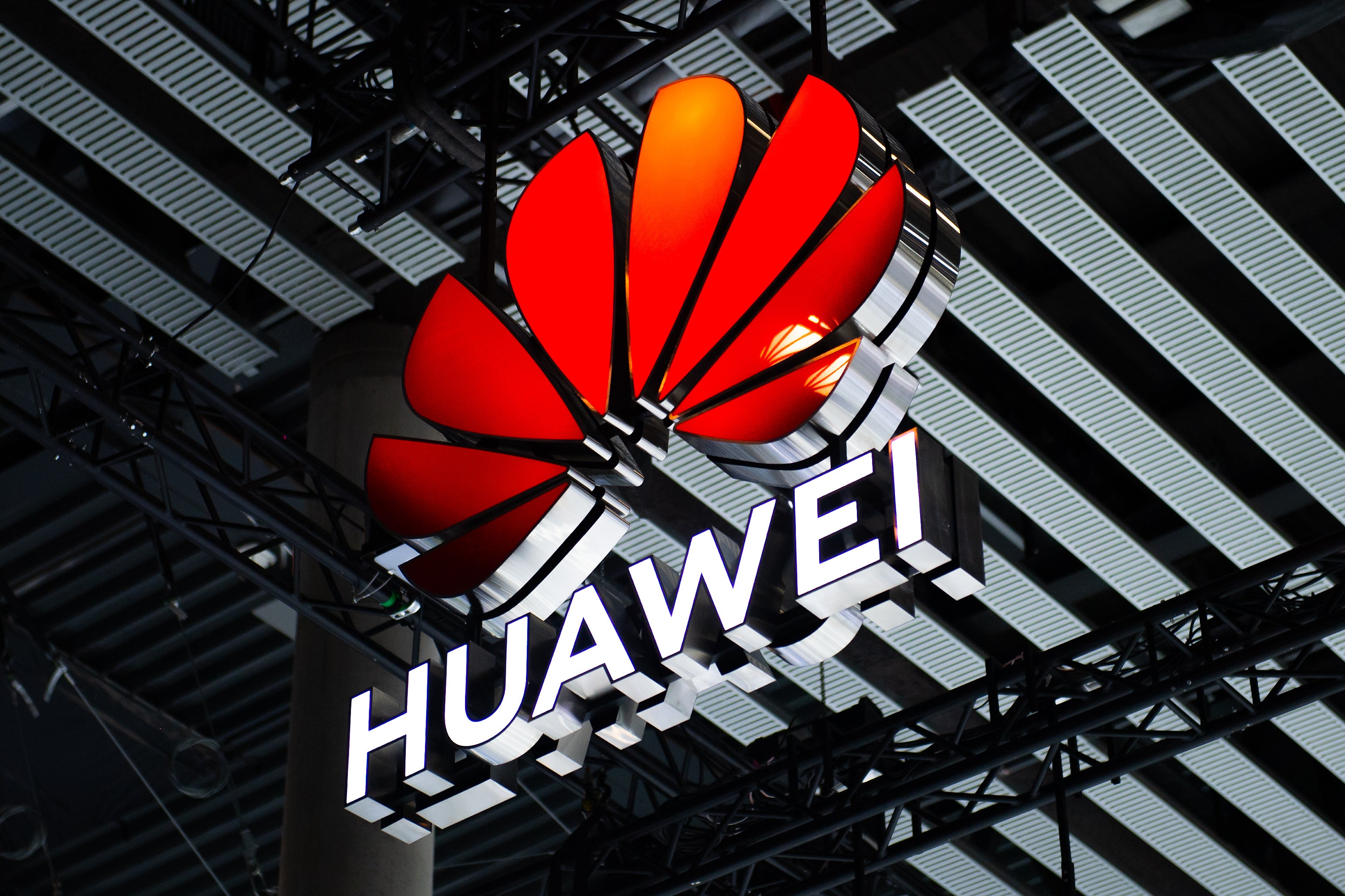Western companies have severed ties with Russia – could China be next?
Companies with large investments in China must take into account the possibility of having to exit, writes Hamish McRae


Trying to exclude Russia from the world economy, or at least that part of the economy ordered by the present developed countries, has proved tough.
The west can stop buying Russian gas, oil and other products, but to do that takes time and carries big costs, including accepting higher inflation than would otherwise be the case. But what if the west tried to exclude China?
It is a question that has not yet arisen, or at least only in specific issues such as dropping the Chinese telecom company, Huawei, from providing the equipment for the 5G networks of a number of countries, including the UK. But one of the lessons of the terrible past few weeks has been that companies in the west cannot continue operating in a country that behaves in the way Russia has done. This is not simply a question of sanctions. The reputational damage from operating in Russia is too great. Investors would not permit them to carry on, and consumers in other countries would threaten to boycott their goods and services.
To suggest that China might take some similar action, perhaps invading Taiwan, might seem both far-fetched and offensive. But this is the sort of tough question that the board of every multinational in Europe, North America, Japan and so on, has now to consider. Many companies were blindsided by what happened in Russia. BP has effectively lost all its business there. So other companies have to ask the “what if?” question.
What if we were to lose all our Chinese business? Take VW, for example. In 2020, as its annual report confirmed, China was its largest market. Could it find itself in the same position as Renault is in Russia? Renault is now trying to transfer the ownership of its controlling share of the company that makes Lada cars.
My point is not that the relationship with China is likely to deteriorate to anything like the fissure with Russia. It is simply that from a purely commercial point of view, companies with large investments in China must take into account the possibility of having to exit, and consider the potential risks to their reputation when making any new investments.
Already, I have heard of European companies that a year or two ago were actively considering entering the Chinese market, now deciding not to do so.
This second point – that enterprises in the west will find it hard to justify putting new investment into China – is probably more significant than the possibility of having to make a sudden exit. China is vastly more important to the world economy than Russia. China is the world’s second-largest economy and is set to become number one, passing the US, around 2030.
Russia is around number 12, about the size of Spain. True, Russia has disproportionate importance as an energy producer and a supplier of grain and some raw materials. We are seeing the impact of that now. It is also a nuclear power. But in other economic regards, it does not matter. China, by contrast, matters a very great deal.
To keep up to speed with all the latest opinions and comment, sign up to our free weekly Voices Dispatches newsletter by clicking here
So what will happen? I don’t think it is helpful for economists to speculate about geopolitics, but what I think we can say is that it is likely that the west will gradually loosen its economic ties with China. Its companies will focus on other markets, both in terms of exports and imports.
International investment in China will become harder to justify. Companies will seek to develop other suppliers from elsewhere in the emerging world. In the short term, that may mean paying higher prices, but it will also mean bringing more production back to the home country. The logic of that is that if you can make something locally, why make it on the other side of the world? To some extent at least, globalisation will be reversed.
For those who – for whatever reason – distrust the way the world economy has developed over the past 30 years, this retreat may seem welcome. One of the huge lessons of the past weeks is that there is a moral element to economic relations. If a country behaves in an outrageous manner, people in the west do not want to buy its exports. They support economic sanctions on Russia. But we should be careful in seeking to cut off relations with other countries without considering the full consequences.
In the case of China, economic growth, which has been driven in part by exports to the west, has helped lift many millions out of deep poverty. But the plain truth is that the world economy has been changed in the past weeks in ways that are not yet clear. This is not just about Russia. It is about the shape of the world economy over the next decade and beyond.
Join our commenting forum
Join thought-provoking conversations, follow other Independent readers and see their replies
Comments
Bookmark popover
Removed from bookmarks